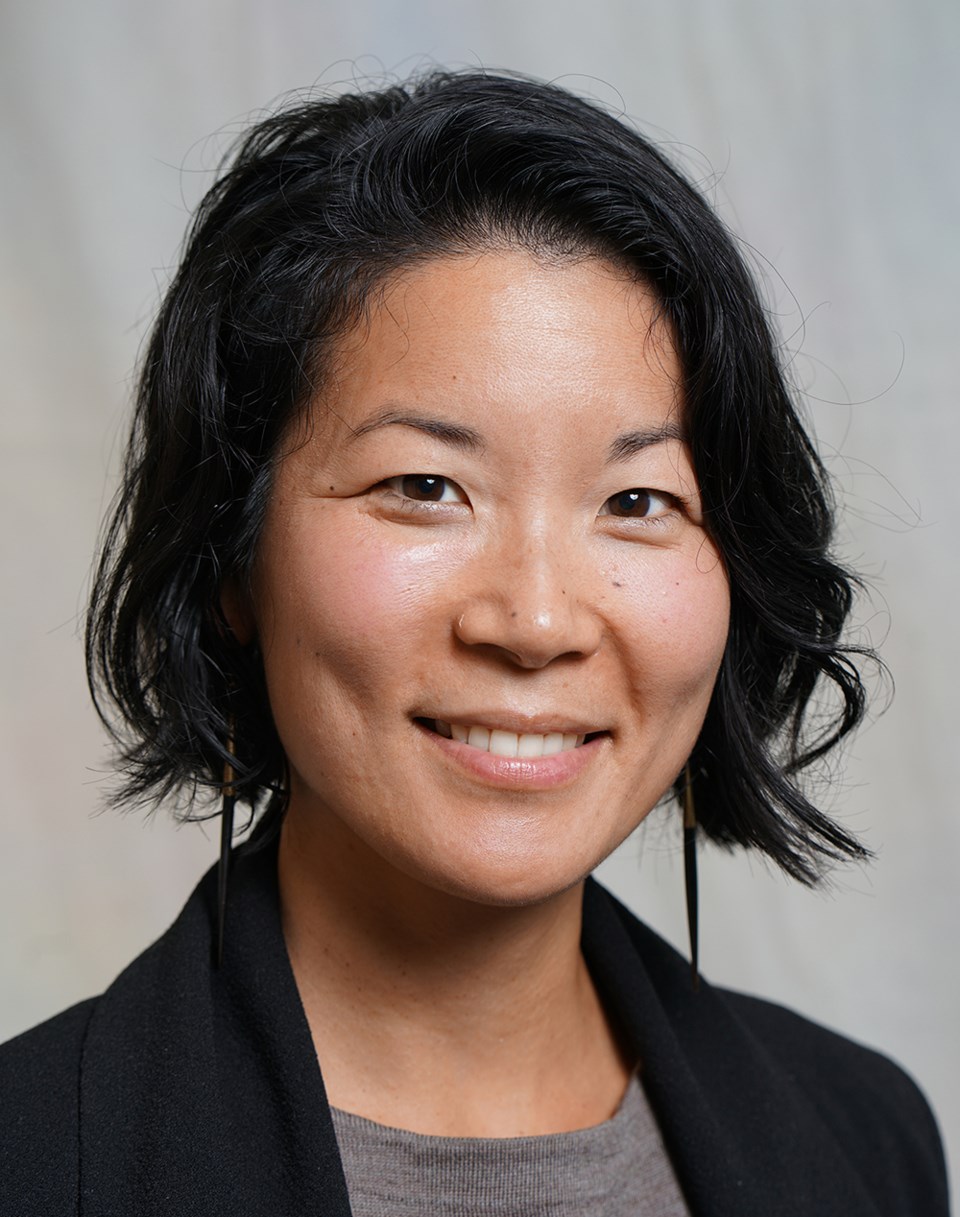City of Powell River staff will assist the Community Belonging Team in applying for funding for a project that is helping inform accessibility and inclusion.
At the April 30 committee of the whole meeting, Meriko Kubota, senior policy lead in healthy public policy from Vancouver Coastal Health, spoke about the project, of which she is a member, and reminded councillors of the memorandum of understanding signed between the city and the project. She said it was presented in November 2023 by director of planning Jason Gow.
Kubota said she wanted to outline a specific challenge the project has come up against that has prompted a recommendation the project leaders would like to propose to council. She said the Accessible British Columbia Act came into effect in 2022, and subsequently, after the formation of the Community Belonging Team, the memorandum was signed with the city to provide evidence-based knowledge that can meaningfully inform the city in the development of its official community plan (OCP) and involvement with the accessibility and inclusion committee.
The scope of the project that was agreed upon involved an environmental scan in the community, which is taking place, said Kubota.
“We felt this was a mutually beneficial opportunity, given the OCP update, and we hope it furthers the community engagement the city engages in,” said Kubota.
Janet Newberry, another project leader, from University of Victoria, said the accessibility plan adopted by the city is not part of the project’s work, but it is important context for the work because it’s connected with municipal obligations related to the accessibility act.
“We, the Community Belonging Team, have accessed partial funding for the project, from the province,” said Newberry. “We have been doing the environmental scan, and it is going really well, and we’ll be sharing outcomes of the scan with the city to inform OCP updates as you see fit.
“The challenge we have encountered is finding subsequent funding, so with the initial funding, we’ve started the work, but the subsequent funding applications haven’t been successful.”
Newberry said the general consensus from potential funders was that this is work the city should be funding and carrying out through the accessibility act. One agency suggested applying for the SPARC BC accessibility grant, so the project team looked into that and were told it could only be granted to local governments.
“We are not here to ask for taxpayer dollars or city funds, but at the recommendation of the city planning department, we are requesting that staff be directed to apply for grant funding that is eligible to municipalities that could support the Community Belonging Project moving forward,” said Newberry.
City councillor Cindy Elliott asked if the grant applications could be written by the project personnel to assist the city. Newberry said that was the case.
Councillor George Doubt asked what the environmental scan entailed. Newberry said through guidance from city staff, the project leaders are gaining an understanding of what kinds of policies, legislation, procedures, program information, staffing ratios and other considerations currently inform the project work in order to understand what opportunities exist for children with disabilities and their families, and also what barriers might exist. Then, comparing the information to the Accessible British Columbia Act and other items, the project team can consider what recommendations might be possible, said Newberry.
Councillor Trina Isakson recommended that staff be directed to work with the team to apply for funding that is eligible to municipalities that can support the Community Belonging Project. The motion carried unanimously.
Join the Peak's email list for the top headlines right in your inbox Monday to Friday.



